Keywords: Jacinta Collins
-

EDUCATION
- Jacinta Collins
- 20 August 2024
11 Comments
As the discourse surrounding religious freedom in Australia becomes increasingly contentious, especially in the context of schooling, we must address the growing perception that holding religious beliefs and values — and making choices based on them — is somehow discriminatory or at odds with modern society.
READ MORE
-
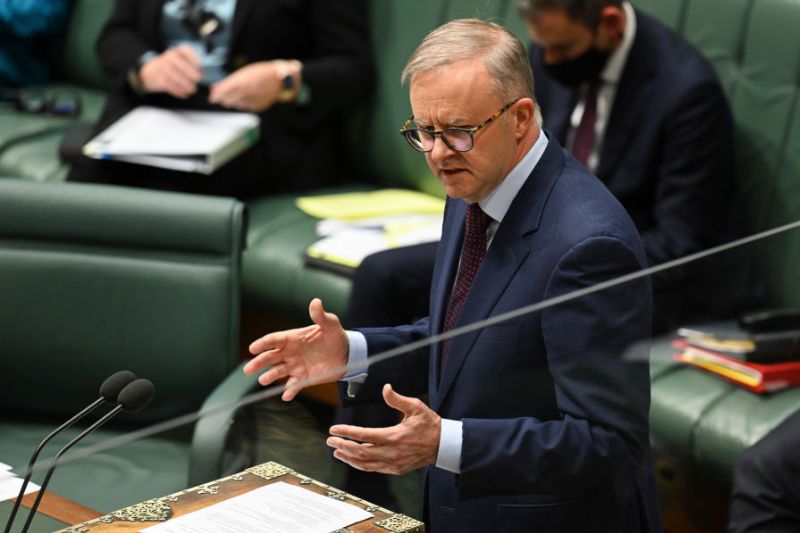
AUSTRALIA
- Frank Brennan
- 28 October 2022
6 Comments
In recent years, Australian policies in relation to asylum seekers and refugees have been unnecessarily mean, cruel and disorganised. The election of the Albanese government provides the opportunity for a reset, putting behind us the past mistakes of both Coalition and Labor Governments in the last 20 years.
READ MORE 
-
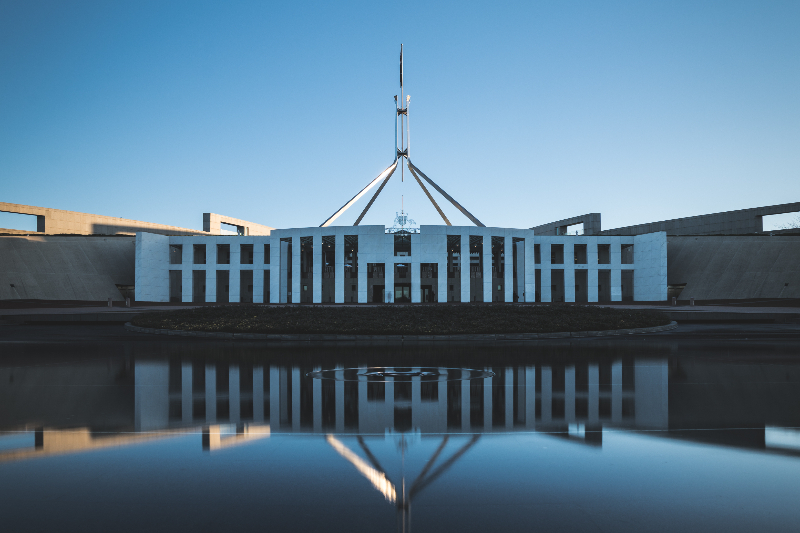
AUSTRALIA
- Frank Brennan
- 22 February 2022
1 Comment
In recent days, if you were to listen to the media reports, you could be forgiven for thinking that religious educators want to retain a right to exclude children or teachers from their schools on the basis of their gender or sexual orientation. Nothing could be further from the truth. Or nothing should be further from the truth.
READ MORE
-
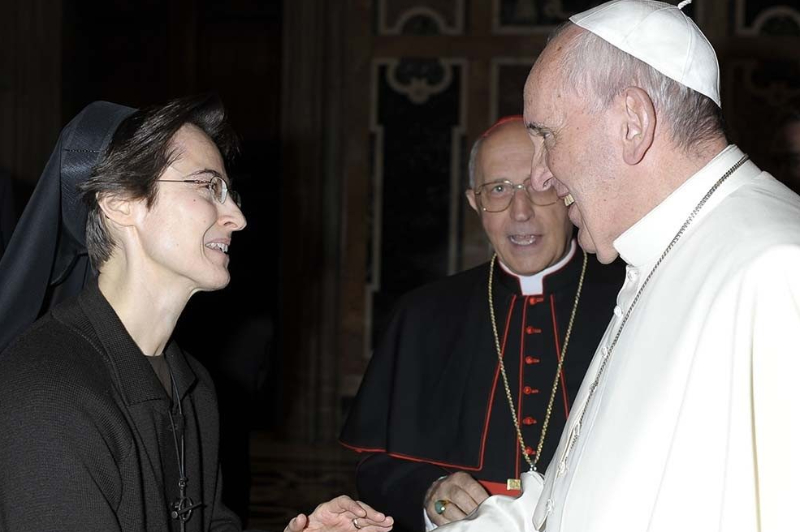
RELIGION
- Andrea Dean
- 18 November 2021
74 Comments
It’s good news to see women being appointed to significant roles within the Catholic Church, including several recent appointments of women to important positions in the Holy See. In early November Pope Francis appointed Sr Raffaella Petrini as secretary-general of the Vatican’s governorate.
READ MORE 
-
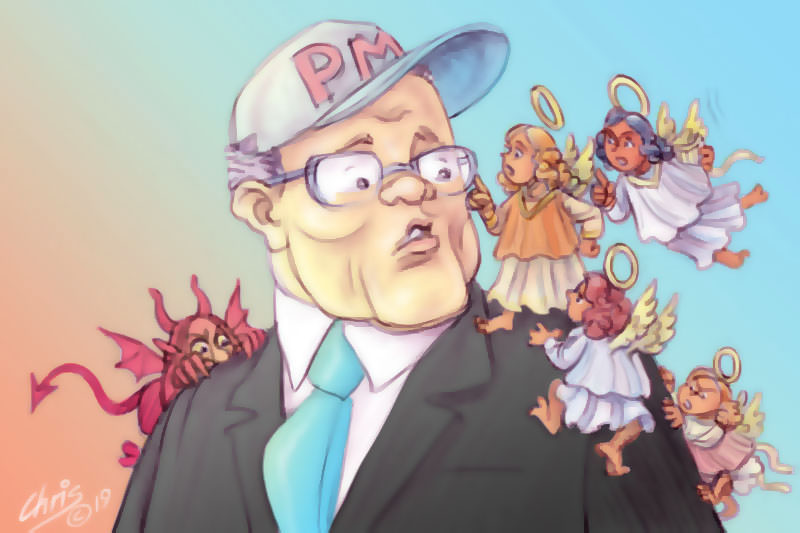
RELIGION
- John Warhurst
- 31 May 2019
14 Comments
The church has something in common with both sides of politics because the Catholic community has a split political personality. Its range of concerns is so broad that they are addressed in various ways by different political parties. It wants to make an impact on government, but it is always highly unlikely that it can have it all.
READ MORE 
-
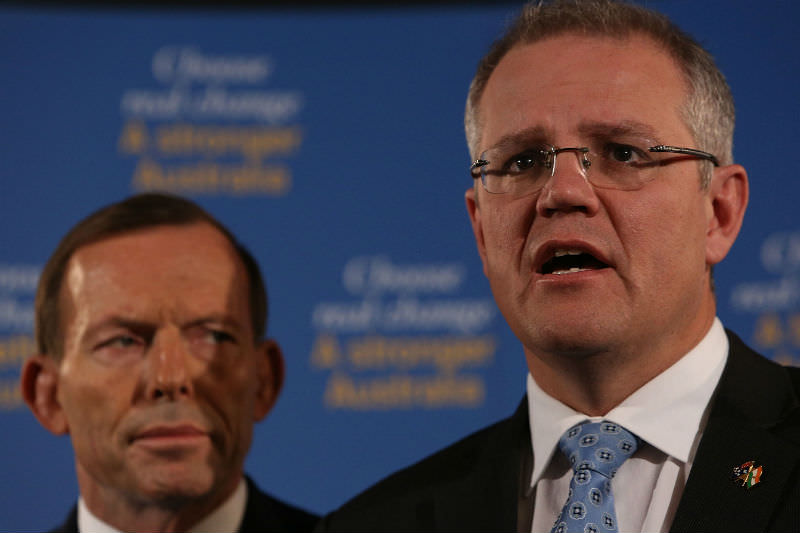
AUSTRALIA
- Frank Brennan
- 18 February 2019
26 Comments
We are all gearing up for the third election in a row when boat turnbacks and the punitive treatment of refugees and asylum seekers feature. It need not be so. It’s time voters sent a message that it should not be so.
READ MORE 
-
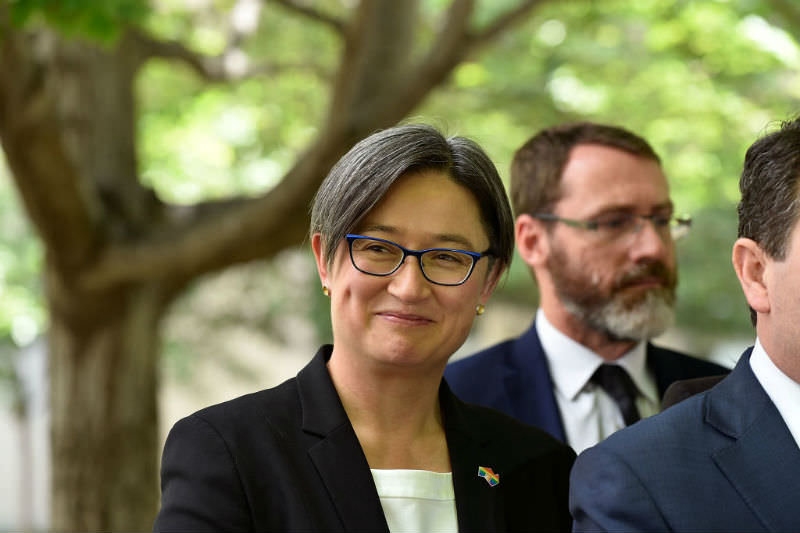
RELIGION
- Frank Brennan
- 15 January 2019
40 Comments
When Parliament resumes, one outstanding item of business will be Penny Wong's bill dealing with religious schools' capacity to discriminate against students on the basis of gender identity or sexual orientation. I support the bill subject to the proviso that religious schools should remain free to teach their doctrine respectfully and reasonably.
READ MORE 
-
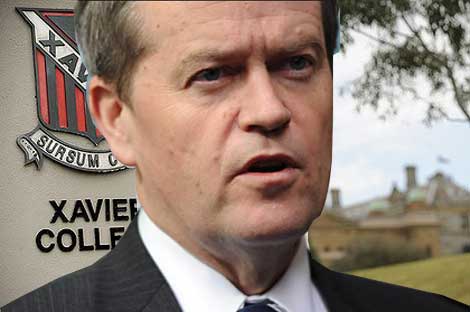
AUSTRALIA
- Ray Cassin
- 16 October 2013
31 Comments
It may be that the press gallery sees no significance in Shorten’s 'Catholic background' because he supports same-sex marriage and perhaps also some other things that bishops don’t like. Is the gallery’s view that his 'background' somehow didn’t 'take'? The truth is that these days even being a practising Catholic, rather than the nebulous 'of Catholic background', conveys nothing about the course a politician will choose on issues of conscience.
READ MORE 